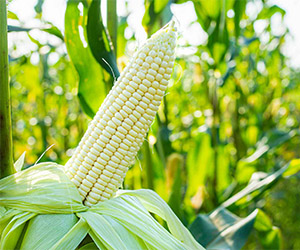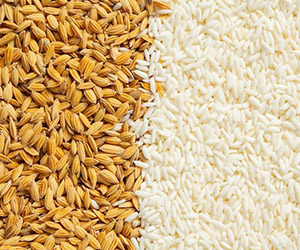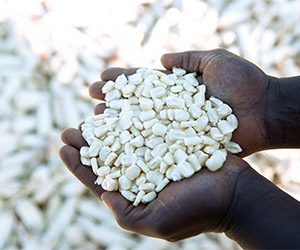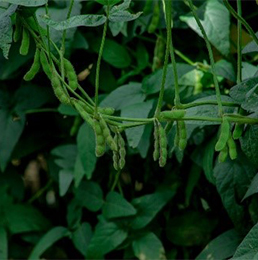- About Us
-
-
-
The Heart Of Agriculture
Seed Co has 80 years of experience in the production and supply of certified high-yielding seed varieties bred in Africa for African climatic and geographic conditions.
-
-
-
- Products
- Innovations
-
-
-
The Heart Of Agriculture
Seed Co has maintained a strong market share among communal and commercial farmers from years of intensive investment in Research and Development.
-
-
- Farmers' Hub
-
-
-
The Heart Of Agriculture
In addition to an extensive range of maize hybrid seeds, Seed Co also markets seed for wheat, soya beans and vegetables.
-
-
- Media
-
-
-
The Heart Of Agriculture
Our Seed Co maize brands are specially bred for various ecological regions across Africa, assuring farmers of the best in class quality seeds and high yields which result in bumper harvests every season.
-
-
- Contact Us
 Tanzania
Tanzania
 Seed Co Group
Seed Co Group Botswana
Botswana Kenya
Kenya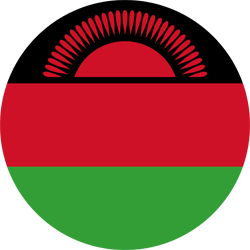 Malawi
Malawi Nigeria
Nigeria South Africa
South Africa Western & Central Africa
Western & Central Africa Zambia
Zambia Zimbabwe
Zimbabwe
